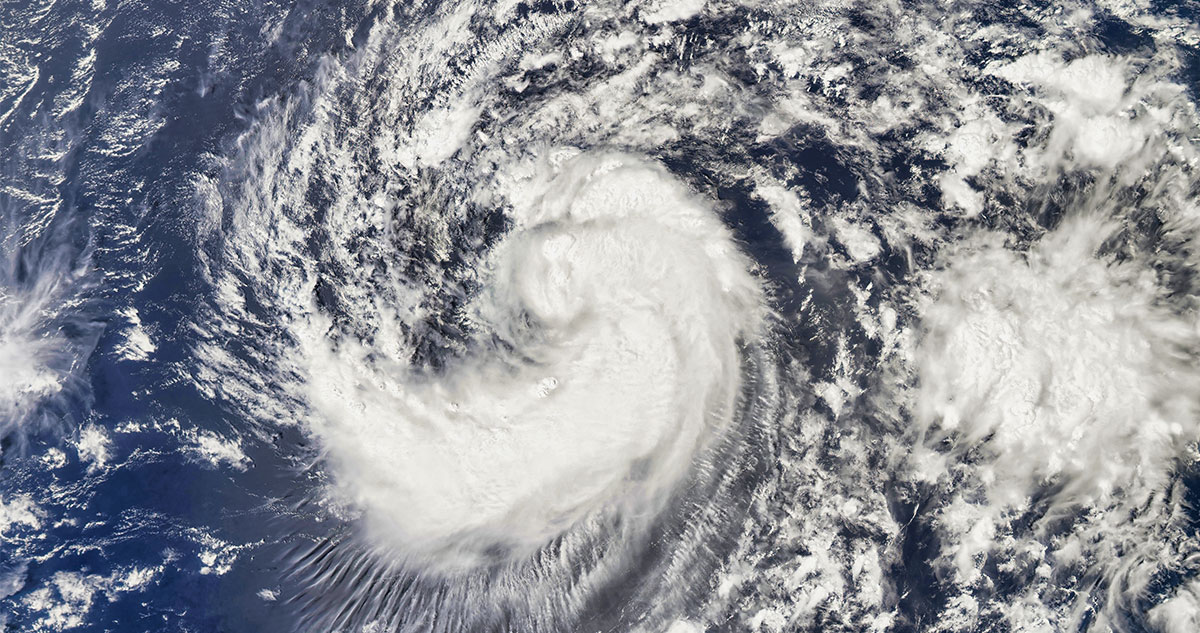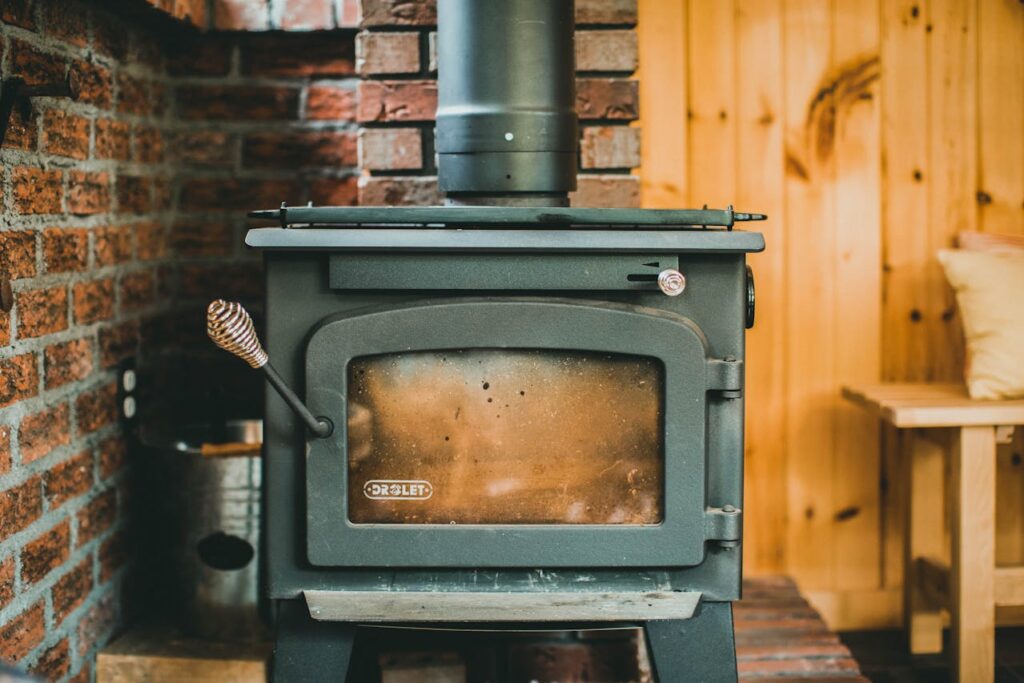
North Carolina State University student Ethan Clark doesn’t often use phrases like “catastrophic impacts.” But he’d forecasted ahead of the storm and knew that Hurricane Helene was going to be worse than people expected. On Sept. 26, he made a Facebook post on his Facebook page, North Carolina’s Weather Authority (NCWA), calling the storm “life-threatening.”
As North Carolina reels from the aftermath of the storm, which reportedly “decimated” small mountain communities like Hot Springs and Chimney Rock, Clark has continued to post real-time information and updates. He has especially focused on some of the smaller towns that were less likely to have strong media coverage. Most of this information has come from tips and photos sent through Facebook Messenger. Many people who are looking for information about nearby towns and loved ones have been watching this page for information, which they claim has provided updates more quickly than local news coverage.
A 7th grade hobby
Clark never expected to be the most reliable source of information during a natural disaster. In fact, he really just likes to forecast weather. In April of 2016, when he was in 7th grade, Clark set up the NCWA page as a hobby to entertain his family and friends.
“I had this email chain. I would send out weekly emails to my, like, friend and family group. And then as technology was advancing … I was like, well, I can do this,” Clark says. “And it originally was called “Ethan Weather.” No grammar, nothing good…. Then I finally decided to change the name to something more broad and do [weather for] the whole state.”
Now Clark is a senior at North Carolina State majoring in environmental science with a concentration in meteorology, natural hazards and climate change. His page has attracted a following, especially from rural areas that are news deserts and communities that have limited access to credible, comprehensive news. The page shot up to between 75,000 and 100,000 followers after Hurricane Florence and has about 543,000 followers at the time of writing.
“I do focus very hard on these small areas that are often forgotten about [in] media coverage,” Clark says. “The media cannot focus on everything…. That’s why I focus on these small towns.”
Saving lives via Facebook updates
Since western North Carolina has largely lost power, water and cell service, finding information and resources has been challenging.
Waverly Jones, owner of an aerial arts studio in Asheville, came back from a vacation the Wednesday before the storm. She slept through the worst of the storm Thursday night and was woken by an alarm on her phone around 5 a.m. on Friday.
“I think we, like, had already lost power by that time,” Jones says. “We opened up all the windows and went back to sleep for a few hours and then got up, and none of our phones were working. We had no way to contact any friends or family or access the internet for news outlets or anything like that.”
Although Jones’ cell service returned over the weekend, internet service remained spotty. “I made contact with a couple friends, and I had one of them post on my Facebook that she talked to me and that I was okay,” Jones adds.
Asheville resident Amy Hales says that people are relying on neighbors and the fire station for access to the internet. In a text message, Hales told SUCCESS, “Everyone would gather at the fire station because there was WiFi access. They posted paper updates, and people would write in updates.”
Clark has received many text updates from people who are in trouble. In one NCWA post, he requested assistance for “100 people stuck on a mountain in Black Mountain, North Carolina,” including “a lady giving birth.” Soon after, Clark posted that North Carolina Emergency Management saw the post and was able to send assistance. He has been told by other social media users that he has saved their lives as well.
“I still haven’t wrapped my [head] around this,” Clark says. “I didn’t realize I was saving lives, but I guess I am now.”
The photos we’re better off not seeing and the halt of misinformation
The majority of the stories that Clark hears are overwhelmingly sad. He has also been sent photos and videos that he would rather not see.
“Some stuff I [have been sent is] too gruesome,” he says. “As a human, I can’t post [it]. I have had photos of bodies sent to me.”
Clark has also been working hard to combat misinformation, including AI-generated photos from other pages and TikTok rumors that another storm is on the way.
Although Clark is grateful that he’s had the opportunity to help in a time of crisis, he says that he normally shares resources only until the media puts out more information about what’s happening and where to go for help.
“I won’t continue once there’s enough information [for me to] go back to this weather forecasting,” he says. “I’m not a news organization—but during times of critical information that can’t really get out, I’ve just been doing that.”
A helpful hobby
Despite his following, Clark does not have plans to monetize his page or turn his reporting into a career. He would like to continue to run it as a hobby.
“I just say what I want [people] to know,” Clark says. “I’m not trying to get clicks… because I don’t make money from it. I’ve got some donations, but I don’t have ad revenue because I’m also ad free for now. And that’s the plan as long as I can get a job and I can just do this as a side job…. If I wanted to make this a job, I would need to figure out a better way.”
Photo by BEST-BACKGROUNDS/Shutterstock




